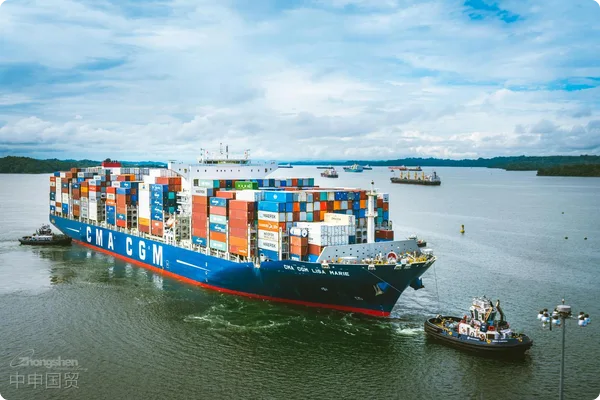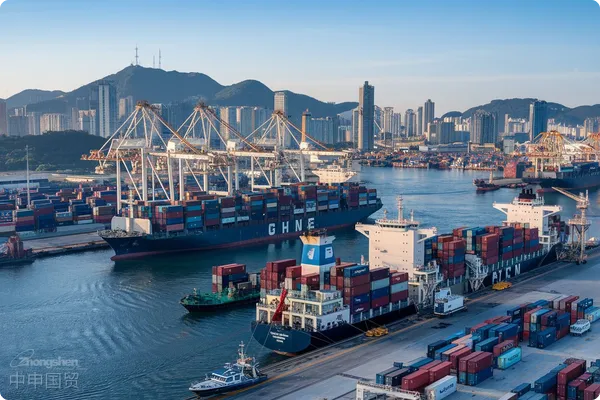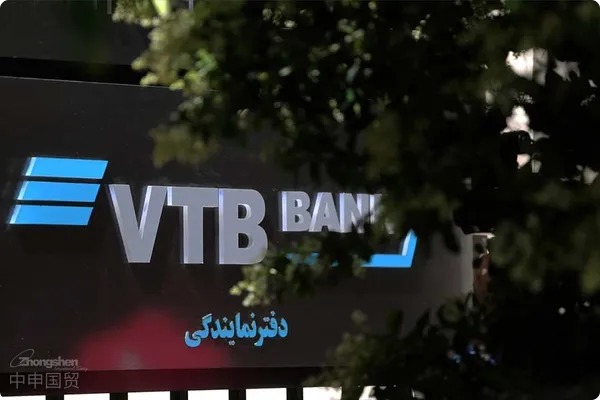- Shanghai Zhongshen International Trade Co., Ltd. - Two decades of trade agency expertise.
- Service Hotline: 139 1787 2118
I. The Comprehensive Impact of the EUs New Battery Regulation
1) Full Lifecycle Oversight:Starting from August 17, 2023, the EUs New Battery Regulation officially came into effect, overseeing the entire lifecycle of batteries circulating in the EU market. This covers every stage from the sourcing of raw materials, the use of battery products, to the recycling of waste batteries. The regulation ensures all these stages are safe, sustainable, and competitive.
2) Compliance Requirements:Under this new regulation, all batteries entering the European market must meet a series of stringent requirements. These include restrictions on hazardous substances, carbon footprint calculations, performance and durability tests, and various safety standards. Only after completing these conformity assessments can battery products be sold or used in the European market.
3) Industry Impact:This regulation will not only drive the upgrade and transformation of the European battery market but also pose new challenges to the sustainability of the global battery energy storage industry. Particularly for companies looking to enter or already established in the European market, the new regulation will bring significant impacts.
II. ECHAs New Missions and Potential Impacts
1) New Mission:The European Chemicals Agency (ECHA) has also been assigned new tasks with the implementation of the new Battery Regulation. ECHA will begin conducting more in-depth investigations into substances that may be used in battery manufacturing and are harmful to human health and the environment.
2) Further Restrictions and Bans:Based on these investigations, the European Commission may require ECHA to further prepare restriction proposals concerning hazardous substances in batteries and waste batteries. This means that more substances may be restricted or banned from battery production in the future.
3) Reporting and Timeline:ECHA plans to complete and release a survey report on hazardous substances in batteries by 20271 31. This provides a clear timeline for global battery manufacturers to prepare and respond accordingly.
III. Response Strategies for Chinese Battery Companies
1) Key Focus:Chinese battery companies need to closely monitor the latest developments in the EU and ECHA. As China is one of the worlds largest battery production and consumption markets, these new EU regulations and standards will have a direct impact on Chinese battery companies.
2) Compliance Enhancement:In light of the new regulations and standards, Chinese battery companies need to strengthen their compliance. This includes, but is not limited to, improving production processes, reducing the use of hazardous substances, optimizing battery design to reduce carbon footprints, and enhancing battery performance and safety testing.
3) Building Closer Ties with the EU and ECHA:To more effectively address these challenges, it is recommended that Chinese battery companies establish closer cooperation with the EU and ECHA. Through such cooperation, companies can not only learn about the latest regulations and standards earlier but also more effectively address potential challenges and risks.
Related Recommendations
? 2025. All Rights Reserved. Shanghai ICP No. 2023007705-2  PSB Record: Shanghai No.31011502009912
PSB Record: Shanghai No.31011502009912










